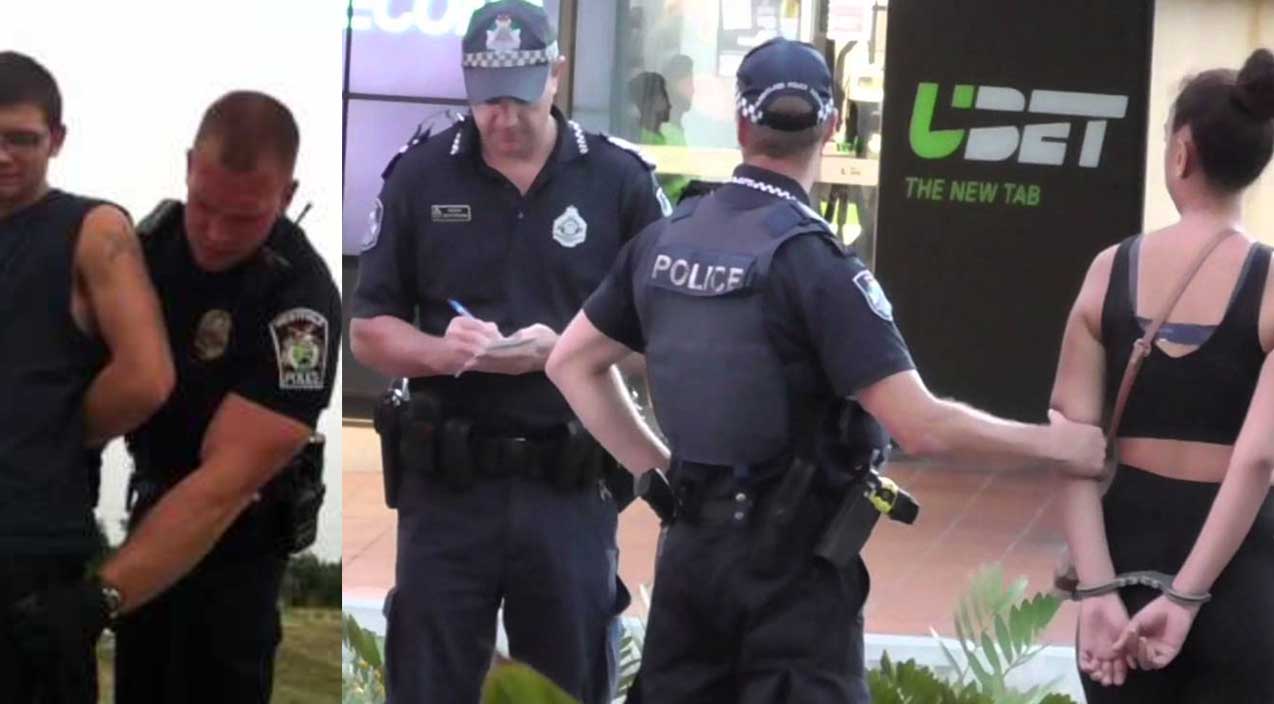Indiana Court Ruling – Officers Don’t Need To Cite Why They Make Traffic Stops

“A police officer who pulls a motorist over for speeding is not necessarily required to document the factors that provided reasonable suspicion to initiate the traffic stop, the Indiana Supreme Court has ruled.” –The Times of Northwestern Indiana
Normally, in an article like this one, readers will find some juicy wordplay to build up to the quotes. This time, though, we think that the quote above from The Times of Northwestern Indiana really says it all. No introduction is necessary.
It seems as if a couple of justices in Indiana have absolutely lost their minds in a case. Well, at least if you ask comment sections around the web. It turns out that the court unanimously agreed that police don’t need to thoroughly cite why they’re stopping a motorist in a traffic stop. Apparently, digging deeper into it, we discovered that, in court, an officer doesn’t even need to know the specifics as to why they pulled someone over in the first place.
The Times says that in the case that laid this all out, there was a 5-0 decision by the state’s high court. These justices would essentially claim that reasonable suspicion was satisfied enough to pull over a driver for allegedly speeding. However, later in court, records would show that the officer who initiated didn’t write down the driver’s speed and couldn’t remember what the limit on the road was.
According to the court, a radar alert provided adequate grounds for the officer to initiate the stop regardless of his recollection of events. They continued that it was “a particularized and objective basis for suspecting” to initiate such a stop. It just turns out that the fact that he failed to record any of this just didn’t really matter. Zachariah Marshall, the defendant in the case argued that because of this, the resulting misdemeanor for operating while intoxicated should be canned. It’s notable that, while speeding was supposed to be the original cause of the stop, Marshall wasn’t ticketed for it.
The opposition to a ruling like this, of course, would argue that police could basically initate a stop with whomever they’d like for whatever reason they see fit. A simple “omission of the details” could easily be a system abused by officers who aren’t on the up and up. On the other hand, outside of this obscure case, police can use a wide variety of different “reasonable suspicions” to initiate a stop so would this ruling really make a difference?

